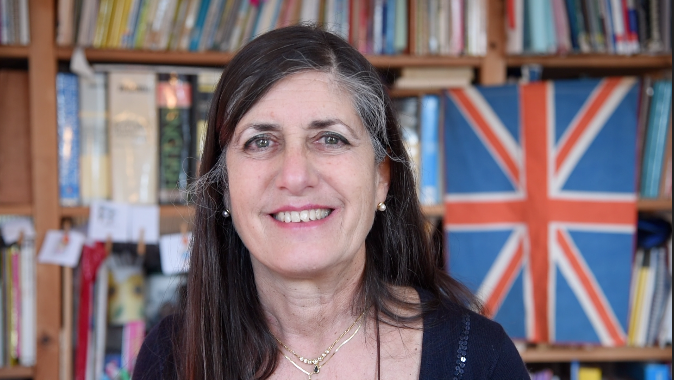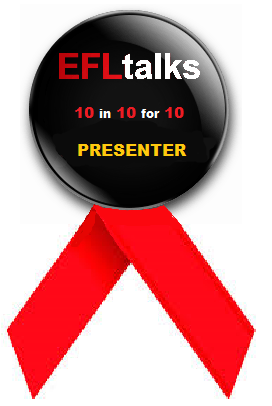|
A native or non-native language teacher? Until recently there was, to me, absolutely no doubt about it - native. Then I started noticing various blogs writing about it in favour of non-native speakers and also a movement in favour of equal opportunities - this got me thinking and discussing the subject with my students.
I cannot hide that I've always taken advantage of my native bilingual status and promote my children's native English-Italian-speaking status as a result, too. As native English speakers in a foreign country we therefore have an advantage. I was recently contacted by a non-native English teacher who wanted to polish up her skills with me and when she introduced herself she immediately told me that her greatest problem was being non-native. When she applied for a job in Italy as an English teacher with a non-native name and surname she was automatically put to the test and needed all kinds of qualifications. On the other hand if a youngster from Britain with a name like Mary Smith were to apply to a private language school whilst on a gap year, she would easily be taken on for a couple of months without necessarily having any teaching qualifications or experience – just based on the fact that she is a native speaker of English. As teachers we all know that being native does not make one automatically a good teacher - I speak from personal experience. In Great Britain, at least when I was at school, we never studied English grammar and what we learnt was rather basic. I first learnt proper grammar when I started studying French and German. Before that I was totally unaware of anything more than verbs, nouns, adjectives and adverbs. When I was 17 I started substituting my mother teaching Italian at evening classes due to an illness: she just said, “Follow the book!” That's what I did and because the grammar was so well explained I had no trouble teaching from the book. When I was 18 or 19 somebody asked my mother if I could give them English lessons but apart from a little conversation I had never done so before. This was the first time I was confronted with the dilemma of why some questions started with a verb whilst others started with do/does. Not having a textbook to follow, but just my total inexperience, resulted in a couple of disastrous lessons before the summer holidays brought our lessons to an end. Despite being a native speaker I was totally incompetent! Thirty-eight years later I am a totally confident, well-prepared teacher always on the lookout for new ways of engaging my students. I have since met many excellent non-native teachers and follow the blogs of some amazing non-natives! I have, however, met a great number of non-native teachers who are officially qualified to teach English but in reality do not have the necessary skills. They know and teach the grammar correctly, mark the work without any problems yet when they speak spontaneously they make the most basic grammar or pronunciation mistakes having just reprimanded a student on the same point - unacceptable! Moreover many schools abroad use literature textbooks written by non-native language teachers and despite having been proofread by a native speaker, the language is so contorted that it absolutely reflects the language of the authors, as no native would approach the subject in that way. Whenever a book doesn't sound natural I check the author and realise it is inevitably a non-native so even when the books are written really well, they will betray themselves in their style. Having said that I have often been a non-native teacher myself - responding to requests to teach languages I am competent in. Despite my attempts to divert my students to native teachers, they have various reasons for wanting me to teach them and I am only consoled by the fact that their exam results are satisfactory. In my opinion the bottom line here is not so much whether native or non-native, qualified or unqualified but rather whether the teacher is PASSIONATE and COMPETENT. I have met many qualified teachers whose English made my hair stand on end and others lesser qualified but extremely competent and passionate who managed to engage their students and get the best out of them. What’s YOUR OPINION? Other opinions on this issue: https://eltreflections.wordpress.com/2015/05/01/discriminating/ www.teflequityadvocates.com Hope to have given you some food for thought! Susan
0 Comments
Your comment will be posted after it is approved.
Leave a Reply. |
Categories
All
Would you like regular English learning & teaching ideas? Subscribe to my blog so you don't miss a post!
AuthorMy name is Susan Brodar, born in London into a multilingual family and brought up bilingual English / Italian. Archives
December 2018
|





 RSS Feed
RSS Feed





